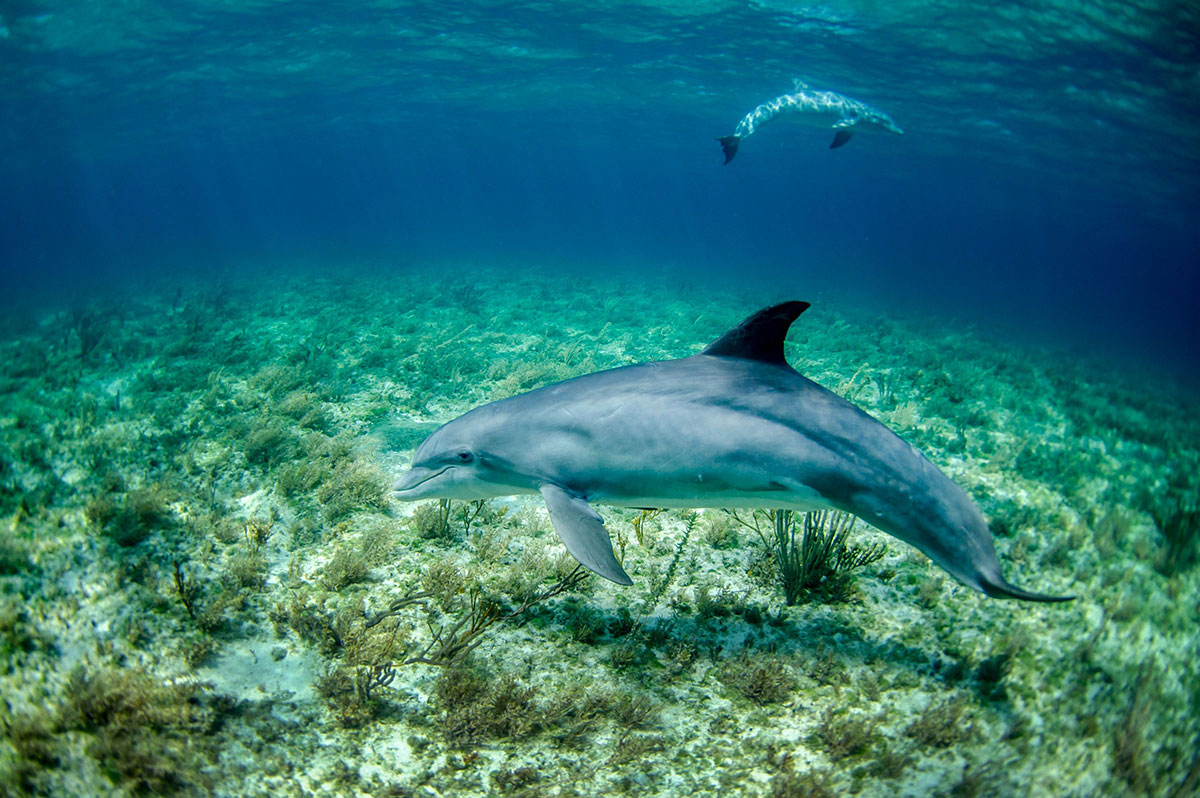A European Commission assessment published on Tuesday finds
that progress has been made towards the good environmental status required
under the Marine Strategy Framework Directive (MSFD), particularly concerning
marine litter, but significant gaps remain in the programmes of measures
submitted by Member States to reduce marine pollution and restore marine
biodiversity.
The report presents key outcomes from the Commission’s
assessment of the second programmes of measures. It covers 2046 measures
related to all marine regions in the reporting countries, as well as
relevant pressures on marine ecosystems.
Although measures have been put in place for all pressures
on marine ecosystems, some pressures feature more frequently than others, like
marine litter and contaminants. A number of measures also aim to better protect
species and restore habitats, but gaps persist for non-commercial fish,
cephalopods, turtles and pelagic habitats.
The analysis will contribute to the European Water
Resilience Strategy announced by President Ursula von der Leyen in the
2024-2029 Political Guidelines.
Overall, Member States’ measures partially address
what needs to be done to reduce pollution. While marine litter reduction
measures are yielding promising results, as evident in a recent
report published by the Joint Research Centre, the measures relating to
nutrients, chemical contamination and underwater noise are still insufficient.
Progress in the design and implementation of effective
measures to restore marine biodiversity has been limited, with two
exceptions: protecting seafloor integrity and reducing pressure from
non-indigenous species. While climate change is not specifically addressed by
the directive, marine strategies provide a good framework to monitor
climate change impacts.
Many measures included in the programmes of measures stem
from other pieces of EU and national legislation, as well as from international
agreements and other relevant frameworks. Ultimately, nearly half of the
measures are designed to achieve good environmental status under the MSFD,
promoting clean, healthy, and productive seas. This is a substantial increase
since the first programmes of measures were assessed in 2018.
The measures are moderately coherent within a given
marine region, with Member States in the Baltic Sea having a higher level
of coherence than in other regions.
How much and by when the measures will reduce harm to the
marine environment and help achieve good environmental status remains difficult
to ascertain, based on what was reported by Member States.
Key recommendations from the Commission to Member States
include:
- Increasing
the level of ambition and accelerating action to achieve the MSFD
objectives.
- Putting
in place additional measures to reduce, based on robust gap analyses,
persistent environmental challenges, such as nutrient, chemical and
underwater noise pollution, and to protect and restore marine species and
habitats.
- Increasing
investment and providing sufficient financing to implement the programmes
of measures.
- Putting
in place governance mechanisms that support the design and implementation
of ambitious, coherent, coordinated, fair and effective programmes of
measures.
The Commission's assessment
of the MSFD, an accompanying
Commission staff working document and its country-specific
recommendations were published together with the European
Commission's report
on the implementation of the Water Framework Directive and Floods Directive.


